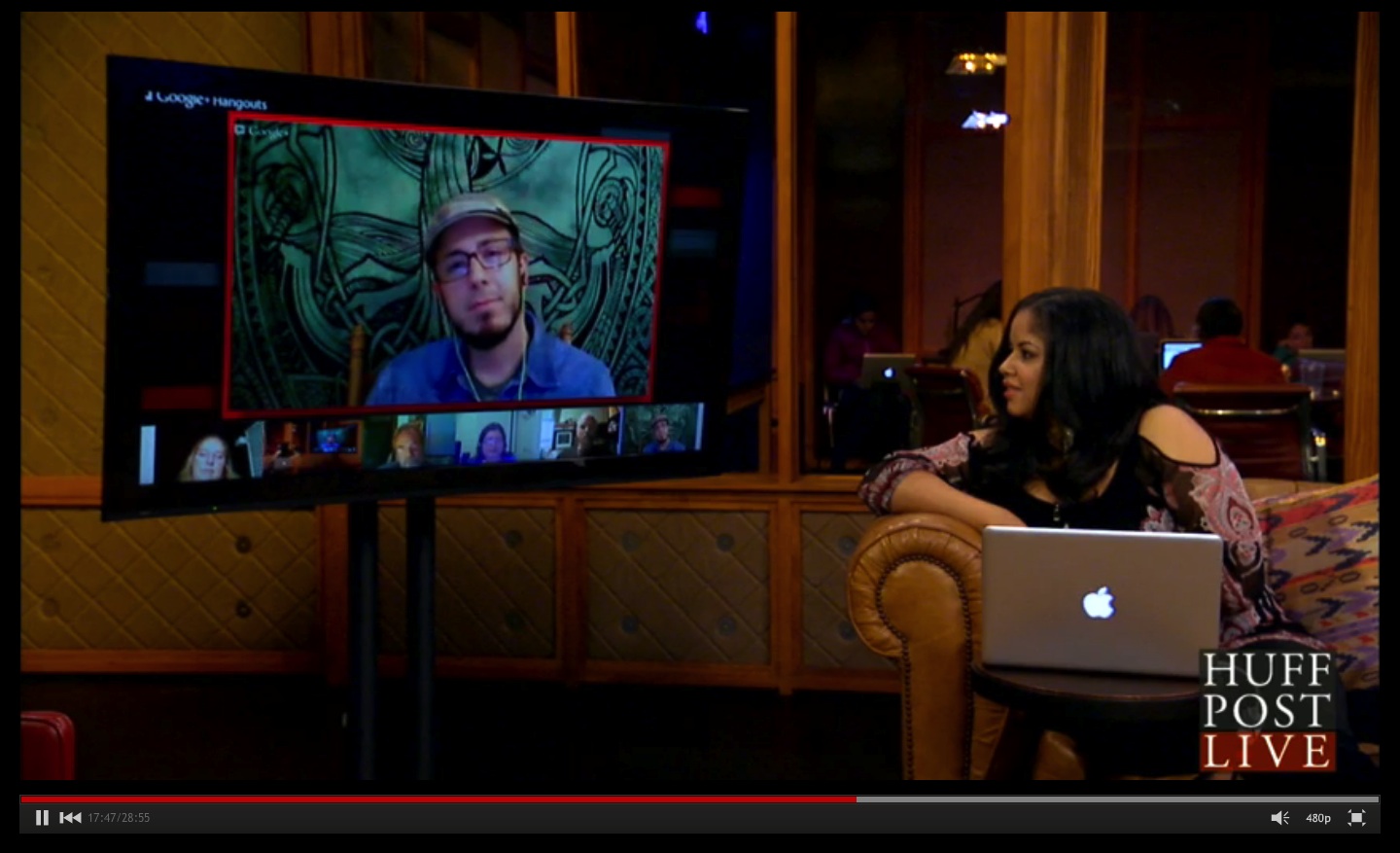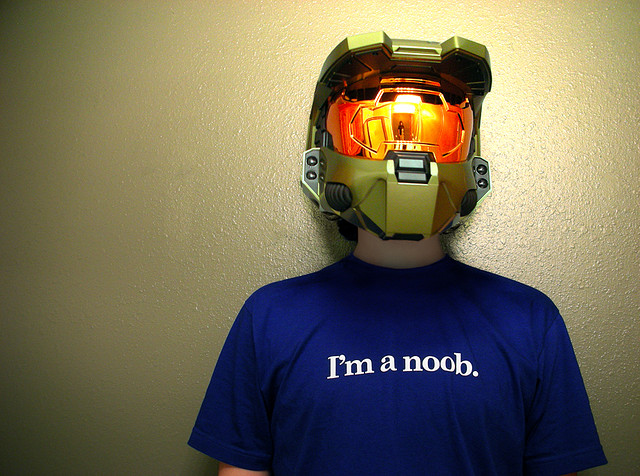Tag: HuffPost Live
-

HuffPost Live Paganism Roundtable Followup
If you missed yesterday’s HuffPost Live Paganism roundtable with me, Amy Blackthorn, Gus DiZerega, Morgan Copeland and Patrick McCollum, you can watch it here: We covered a fair bit of ground in the brief time we had allotted, and it was an honor to be seated beside (digitally speaking) so many interesting thought-leaders and organizers […]
-

I’m Not An Expert On Paganism, But I Play One On The Internet
I’m not an expert on Paganism. If you’ve spent any time here on Bishop In The Grove you’ll know that being an expert on Paganism wasn’t why I got into blogging. I blog in order to be a better student. I ask a lot of questions. I point out the things that are curious to me or that […]

